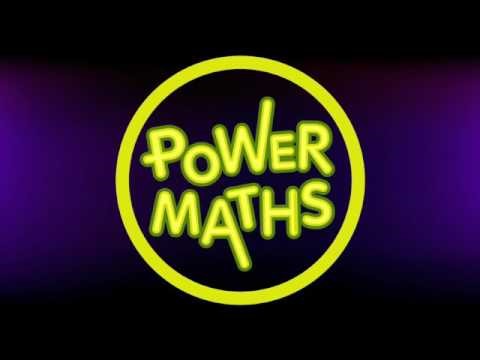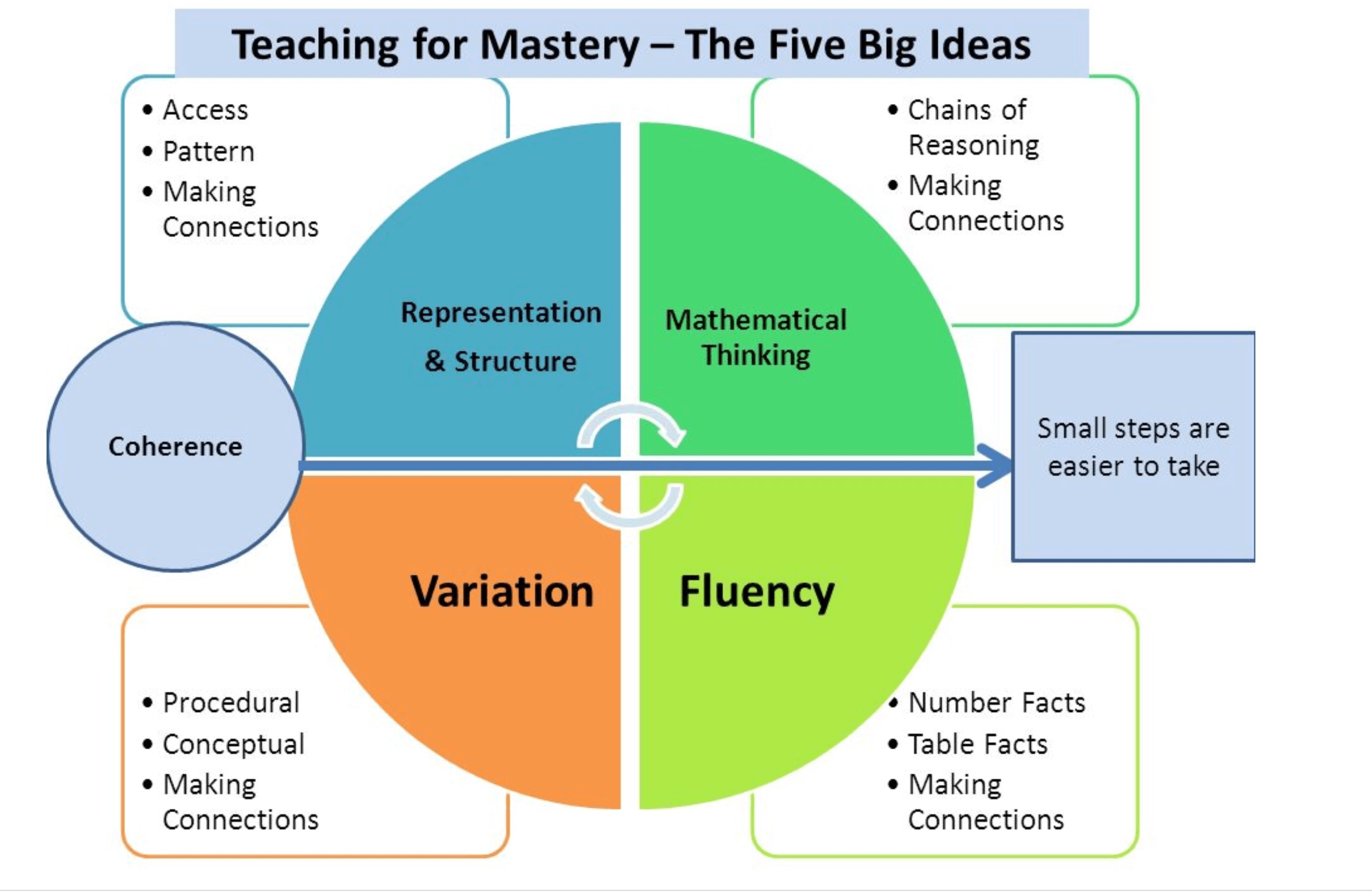Maths
At Mere Green we believe that everyone can enjoy and learn maths; we are committed to ensuring that all children become great mathematicians, meaning they are mathematically proficient and confident in the use of maths. This will enable a sound understanding of mathematical concepts and excellent fluency, ensuring that pupils are able to reason and solve a range of problems in their everyday life. As well as being great mathematicians, we want pupils to love and learn more about maths.
Our Curriculum
Our curriculum is ambitious, coherent and carefully sequenced to ensure that all pupils master the concept securely and deeply. For each year group, the curriculum is broken down into core concepts, taught in units. A unit divides into smaller learning steps – lessons. Lessons are broken down into small steps to support learning. Over time, step by step, strong foundations of cumulative knowledge and understanding are built.
EYFS – Building Strong Foundations
Developing a strong foundation in number is essential so that all children develop the necessary building blocks to excel mathematically. Throughout EYFS, children are provided with high quality direct teaching and are given regular, purposeful opportunities to apply their understanding through high quality provision within the environment. This approach supports children in counting confidently and developing a deep understanding of the numbers to 10, the relationships between them and the patterns within those numbers.
Subitising is at the heart of the curriculum. By looking at numbers in lots of different contexts and structures, children develop rapid recall of key facts and have a fluid understanding of number. Strong verbal reasoning is encouraged through high quality conversations and key vocabulary is used to ensure children are able to articulate their understanding.
Shape, space and measure is taught throughout the year through direct teaching and meaningful links within the wider curriculum. We recognise the importance this has on pupil understanding and the role of maths within the wider world. Role play and imaginative play will strongly feature mathematical concepts (e.g. time, money, shape) to ensure children make links from their learning to real life experiences.

The EYFS curriculum combines NCETM Mastering Number materials with NCETM Numberblocks and White Rose Maths. This enables children to have consistent models and structures to explore numbers and patterns more deeply. Using White Rose ensures children are prepared for their curriculum experience at KS1 and beyond.
Curriculum in Key Stage 1 and Key Stage 2
We use the Power Maths Curriculum, which is a maths mastery programme, designed to spark curiosity and excitement and nurture confidence in maths. The Power Maths curriculum is an ambitious, connected curriculum accessible to all pupils. The plans are perfectly aligned with White Rose Maths progressions and schemes of learning and are underpinned by the National Curriculum. Teachers use their professional judgement to tailor the plans and resources to meet the needs of all pupils.

Lessons are designed to link to prior learning and to support deep understanding. Precise mathematical vocabulary is taught, key number facts are learnt to automaticity, key mathematical facts are learned deeply and practised regularly. Significant time is spent on developing key ideas needed to underpin future learning. Misconceptions are identified quickly and addressed swiftly to prevent pupils from falling behind.
Teaching for Mastery:
Our mastery maths approach values real understanding and rich, deep learning. We want every child to enjoy and succeed in maths and believe that our approach of whole class teaching supports this. It sees all children learning the same concept in small, cumulative steps, each finding and mastering challenge at their own level. Those who grasp a concept easily have time to explore and understand that concept at a deeper level. The whole class therefore moves through the curriculum at broadly the same pace via individual learning journeys. Our teaching for mastery approach, is underpinned by the NCETM’s Five Big Ideas:

| Coherence: |
| Lessons are broken down into small connected steps that gradually unfold the concept, providing access for all children and leading to a generalisation of the concept and the ability to apply the concept to a range of contexts. |
| Representation and Structure |
| Representations used in lessons expose the mathematical structure being taught, the aim being that students can do the maths without recourse to the representationWe use the CPA (Concrete, Pictorial, Abstract) approach to help pupils understand mathematics and to make connections between different representations. |
| Mathematical Thinking |
| If taught ideas are to be understood deeply, they must not merely be passively received but must be worked on by the student: thought about, reasoned with and discussed with others |
| Fluency: |
| Quick and efficient recall of facts and procedures and the flexibility to move between different contexts and representations of mathematics |
| Variation |
| Variation is twofold. It is firstly about how the teacher represents the concept being taught, often in more than one way, to draw attention to critical aspects, and to develop deep and holistic understanding. It is also about the sequencing of the episodes, activities and exercises used within a lesson and follow up practice, paying attention to what is kept the same and what changes, to connect the mathematics and draw attention to mathematical relationships and structure. |
Curriculum Overviews
